I wanted to like Watch Dogs Legion more than I did
Watch Dogs: Legion is an amazing idea with a repetitive execution
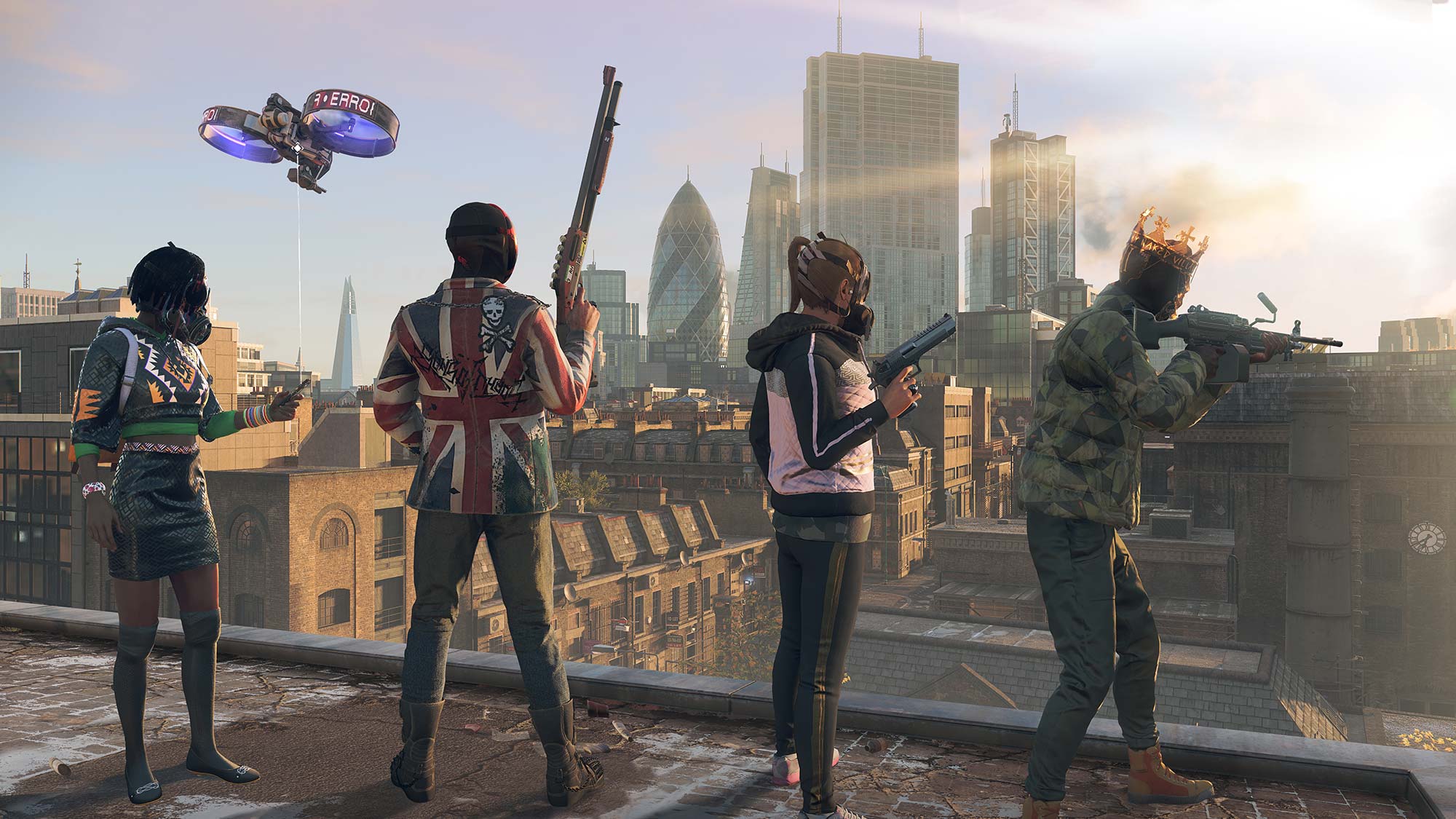
Watch Dogs: Legion is one of the most ambitious games I’ve played in years. In case you haven’t heard the pitch, Watch Dogs: Legion is an open-world game set in a near-future, dystopian London. An operating system called CTOS unifies both consumer electronics and urban infrastructure, which means that London citizens live, somewhat willingly, in a surveillance state. After a devastating bombing, citizen hackers in an Anonymous-like group called DedSec team up to find the culprits and save their beloved city from technofascism.
The big twist is that you don’t take control of a lone DedSec operative; you can recruit just about any person you encounter in the world. Every one of the thousands of civilians you’ll encounter in Watch Dogs: Legion has his or her own skills, equipment and backstory. From spies, hitmen and security guards to computer specialists, lawyers and paramedics, anyone can be a citizen hacker.

The idea is brilliant; the fact that it actually works is impressive. I just wish it were more fun to actually play.
Watch Dogs Legion gameplay
I recently had a chance to go hands-on with Watch Dogs: Legion for a meaty three-hour session. After a brief tutorial, I took control of Luke, a hacker, and had all of London at my fingertips. There were a handful of plot missions to follow, so I started with one that required me to break into an enemy facility and gather some forbidden data.
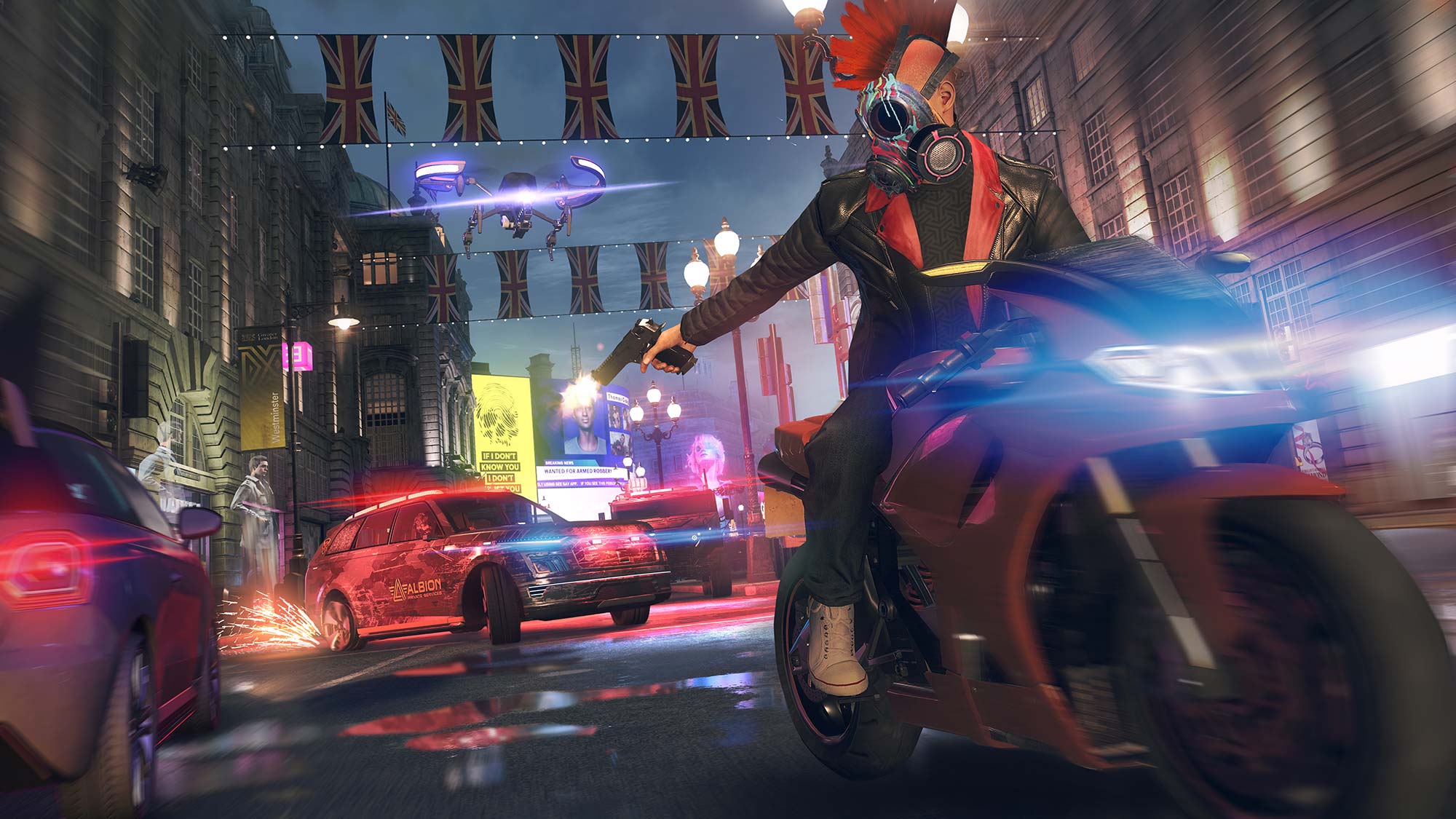
The first thing I noticed was that, as in the last two games, the vehicle controls were flighty and imprecise. No matter what kind of car I used or how carefully I tried to drive, I crashed into other cars, signposts, pedestrians and walls on a regular basis. Luckily, you can use real-life Tube stops as fast-travel points, but you have to discover them first.
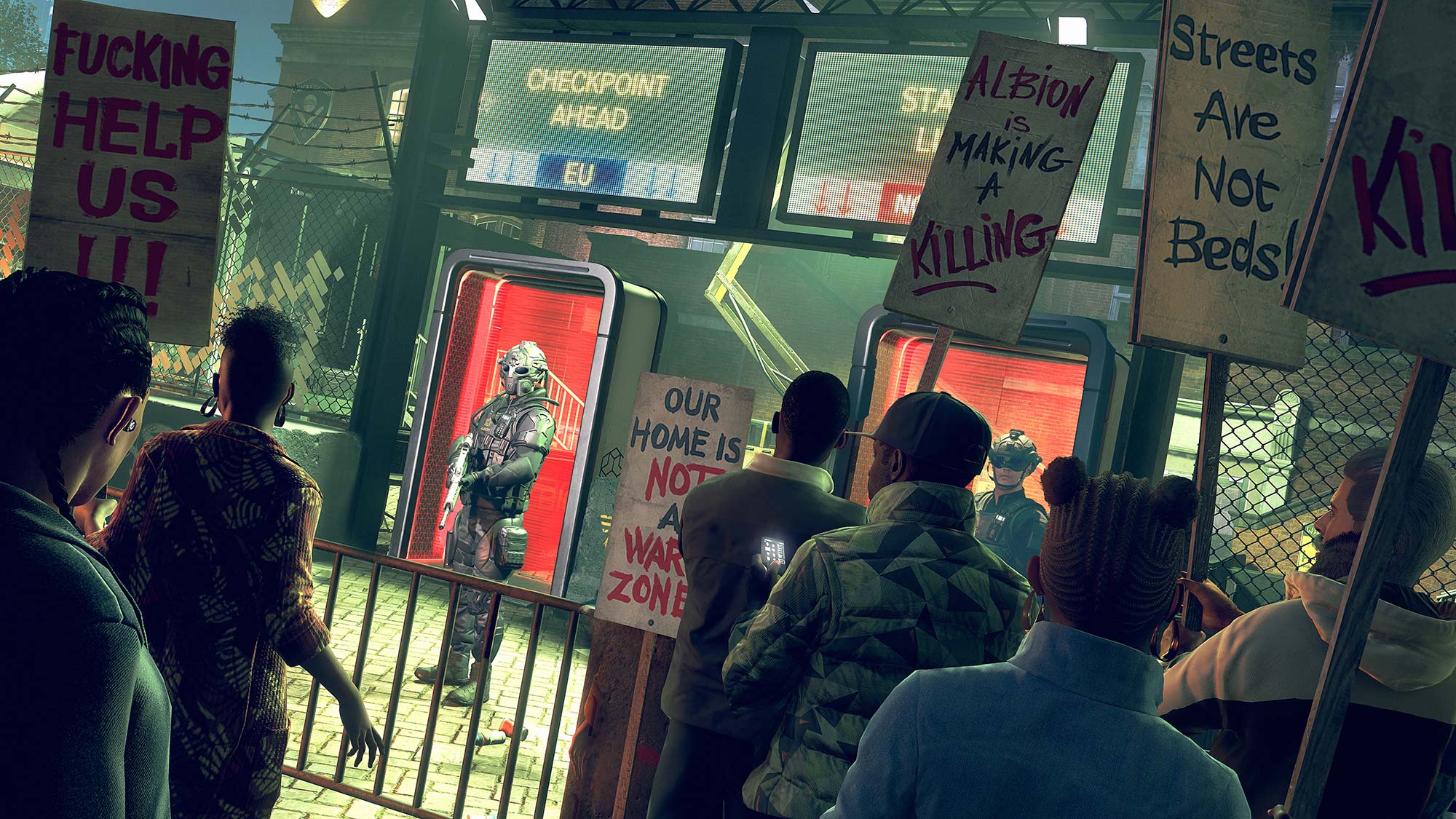
Infiltrating enemy bases is theoretically interesting, since you have a lot of options at your disposal. You can set up shop outside, then leapfrog your way through a network of security cameras, setting up traps for enemy soldiers and downloading data from encrypted computers without ever setting foot inside a compound. You could also kick down the front door and start shooting everyone in sight, or stay low, sneak around corners, and take out enemies silently with a taser or baton.

The only problem is that your options are often a lot more limited than they might seem. If you can get the information you need with video cameras or hacked drones, then the only challenge involved is finding a camera that’s close enough to your target. If you can’t — which is more often the case — then you’ll need to sneak or shoot your way through a bunch of soldiers. It gets repetitive, especially enemies can spot you very easily, and the guns don’t have much impact. Once an enemy spots you, they’ll call in tons of reinforcements right away. Watch Dogs: Legion sells itself as kind of a hacker espionage fantasy, but in practice, it plays like a generic stealth or third-person shooter game.
Sign up to get the BEST of Tom's Guide direct to your inbox.
Get instant access to breaking news, the hottest reviews, great deals and helpful tips.

Switching between various characters is what helps keep the game fresh, although their differences are not quite as pronounced as they may seem at first. Everyone can perform basic hacking functions, such as hijacking security cameras and remotely downloading data. They can also disable drones, deploy rootkits, overload electrical conduits and so forth. The differences in characters are often as simple as what kind of weapons they carry (and you can buy most weapons in shops), or what kind of clothing they wear.
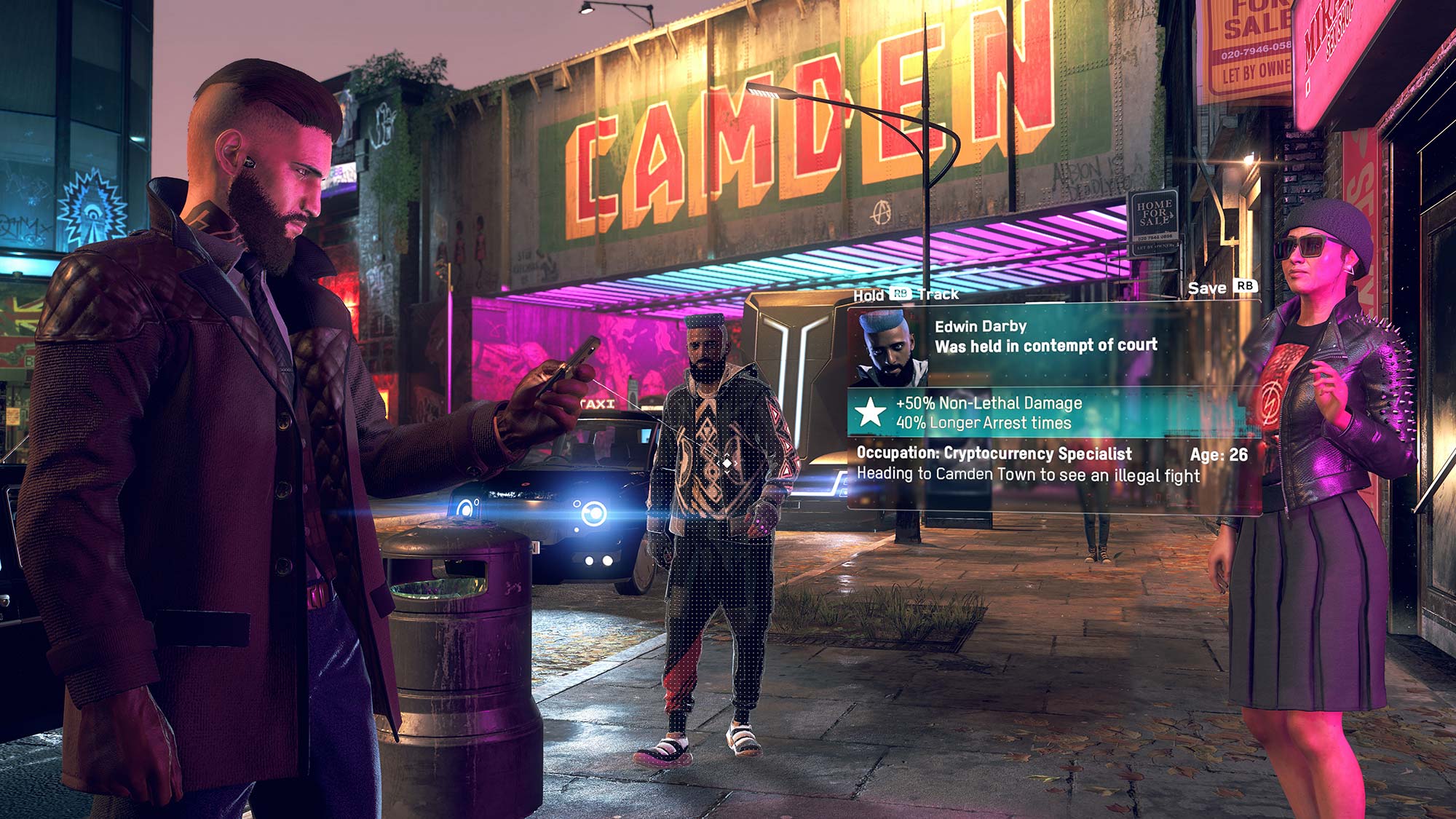
For example: One mission required me to sneak into a meeting of the villain organization, Albion, in the Tower of London. To this end, I had to recruit Kieran, a disillusioned Albion guard. When I took control of him, his Albion uniform allowed him to sneak into the Tower undetected. Sort of. In practice, his outfit let him walk extremely slowly around the area in safety — unless he got even relatively close to another Albion soldier, at which point they’d immediately grow suspicious. While it makes sense that there still needs to be some kind of challenge, it’s not much fun, and doesn’t make recruiting new characters feel particularly rewarding.
The cascade effect
What really got to me about Watch Dogs: Legion, though, was something that I called “the cascade effect” while I was playing. The basic concept is this: Every time you encounter a setback in the game, the amount of work required to fix it grows exponentially.
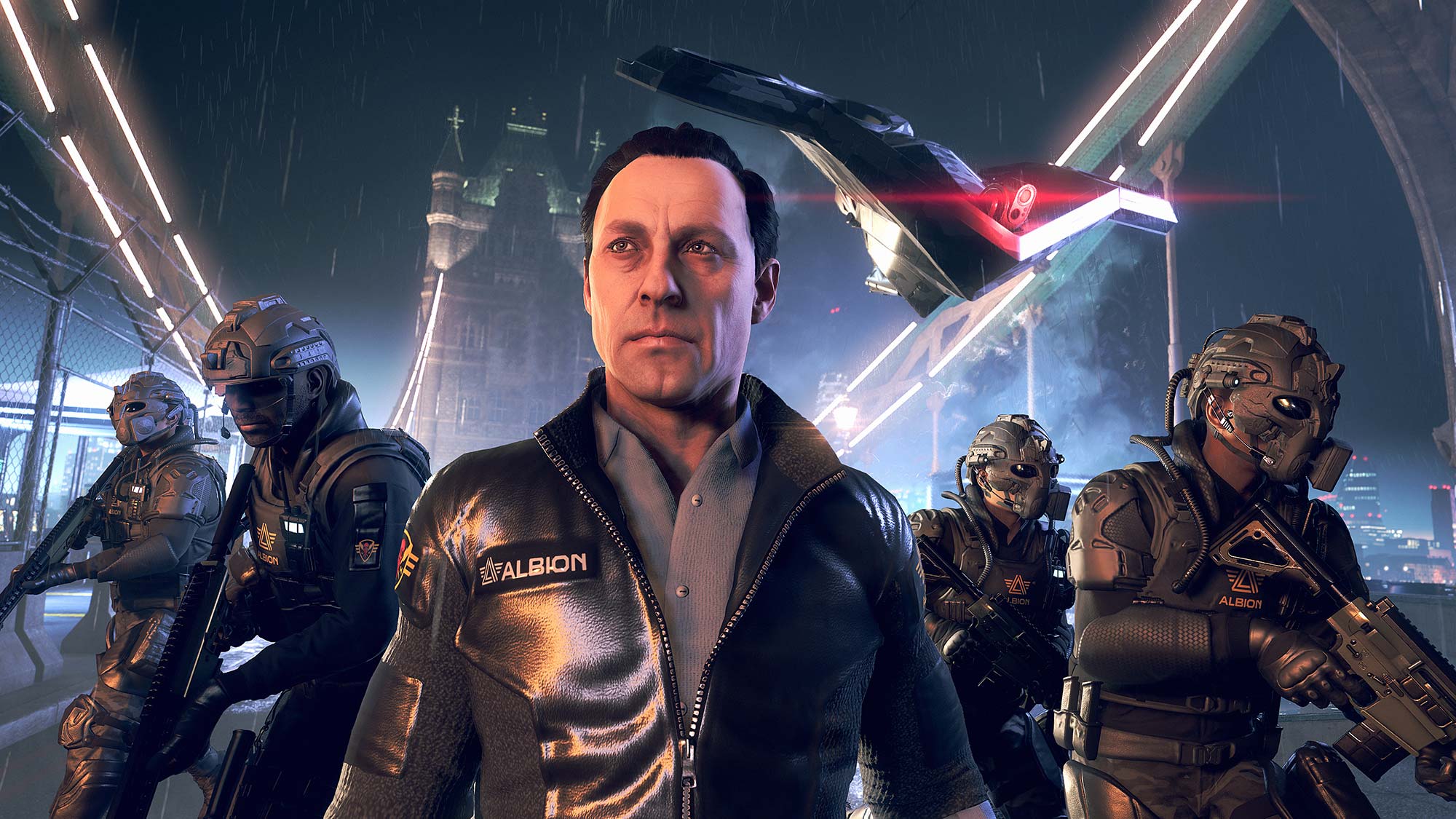
For example: During one story mission, I took control of Joanna, a skilled spy and all around pretty-decent go-to character. (Remember: There is no one “main” character in the game, although you’ll have avatars you like more than others.) At a pivotal moment in the quest, I tripped an alarm and found myself surrounded by gun-toting Albion guards. Joanna was in prison, the game informed me, and I’d need a barrister to get her out.
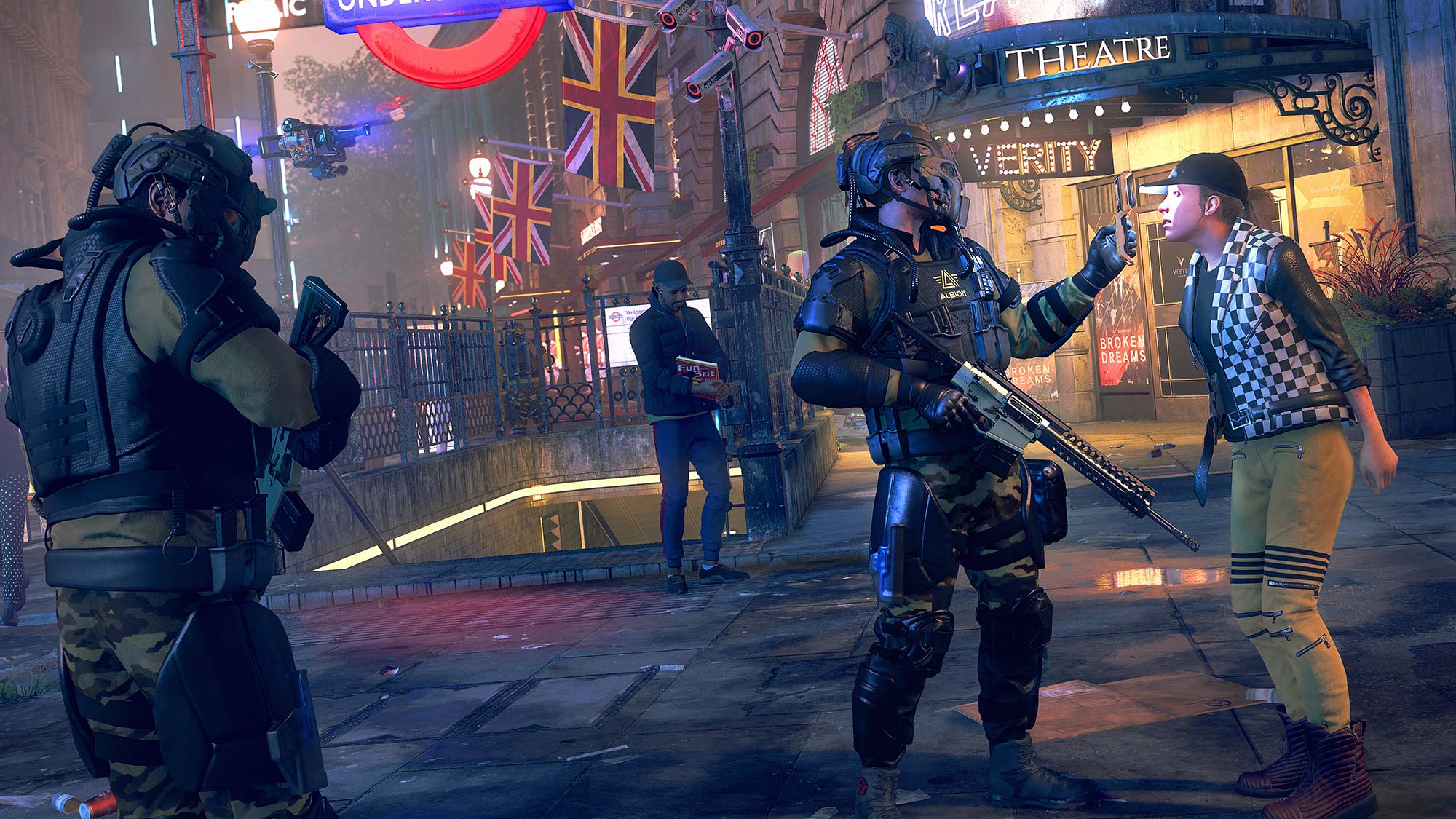
Fair enough. I took control of Luke the hacker and hit the streets of London until I found a barrister named Yousif. A street gang called Clan Kelley had been abducting people in Yousif’s neighborhood, and wanted my help in stealing Clan Kelley’s records to prove their guilt. The only problem is that while infiltrating Clan Kelley’s base, Luke got into a gunfight and found himself shot full of holes.
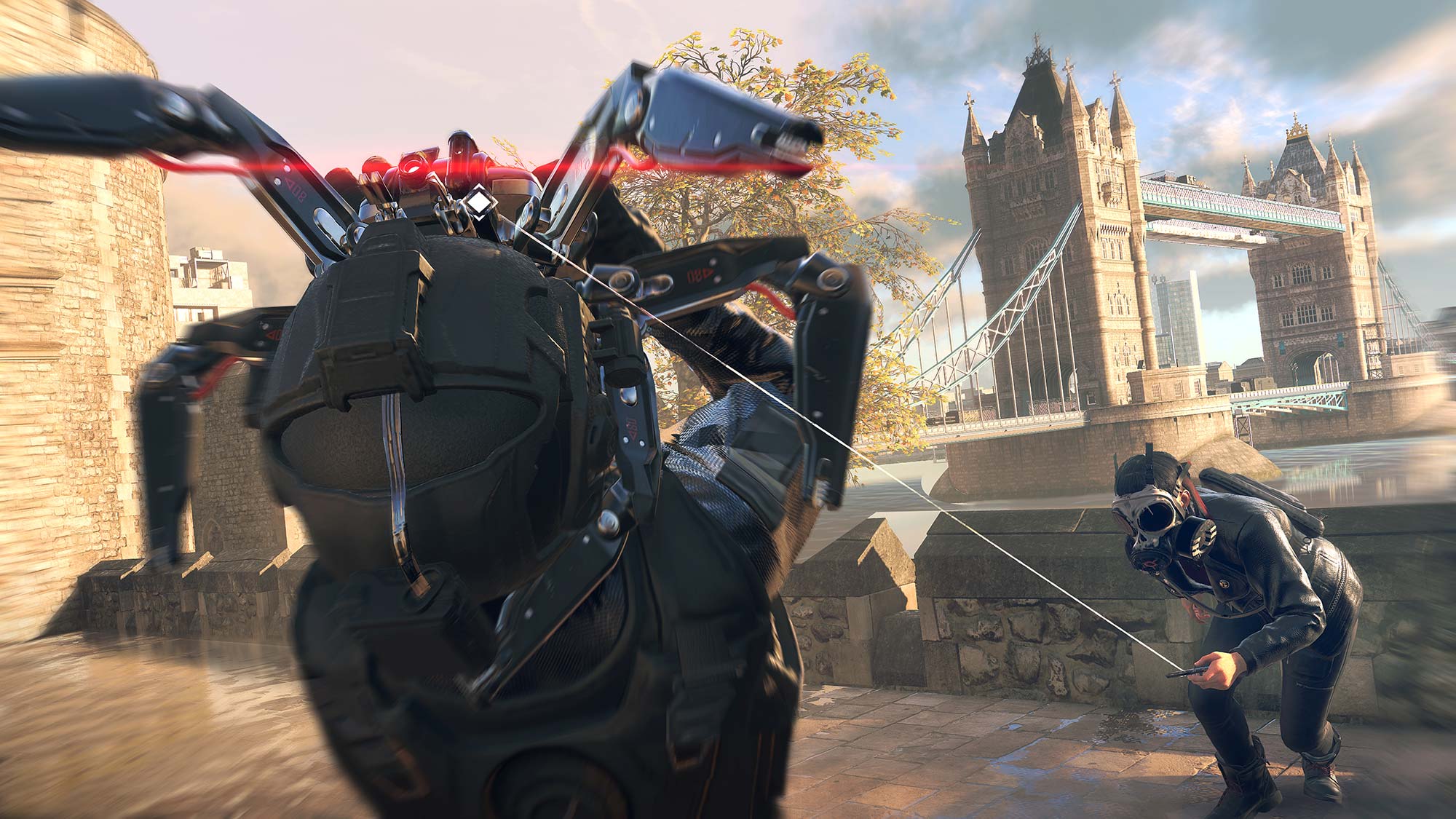
Now, I took control of a police officer named Melody, and needed to find a paramedic in order to heal Luke, so that he could recruit the barrister, to get Joanna out of prison. And when I finally found Neil, a paramedic, he required me to infiltrate another enemy base and complete a whole bunch of other objectives first.
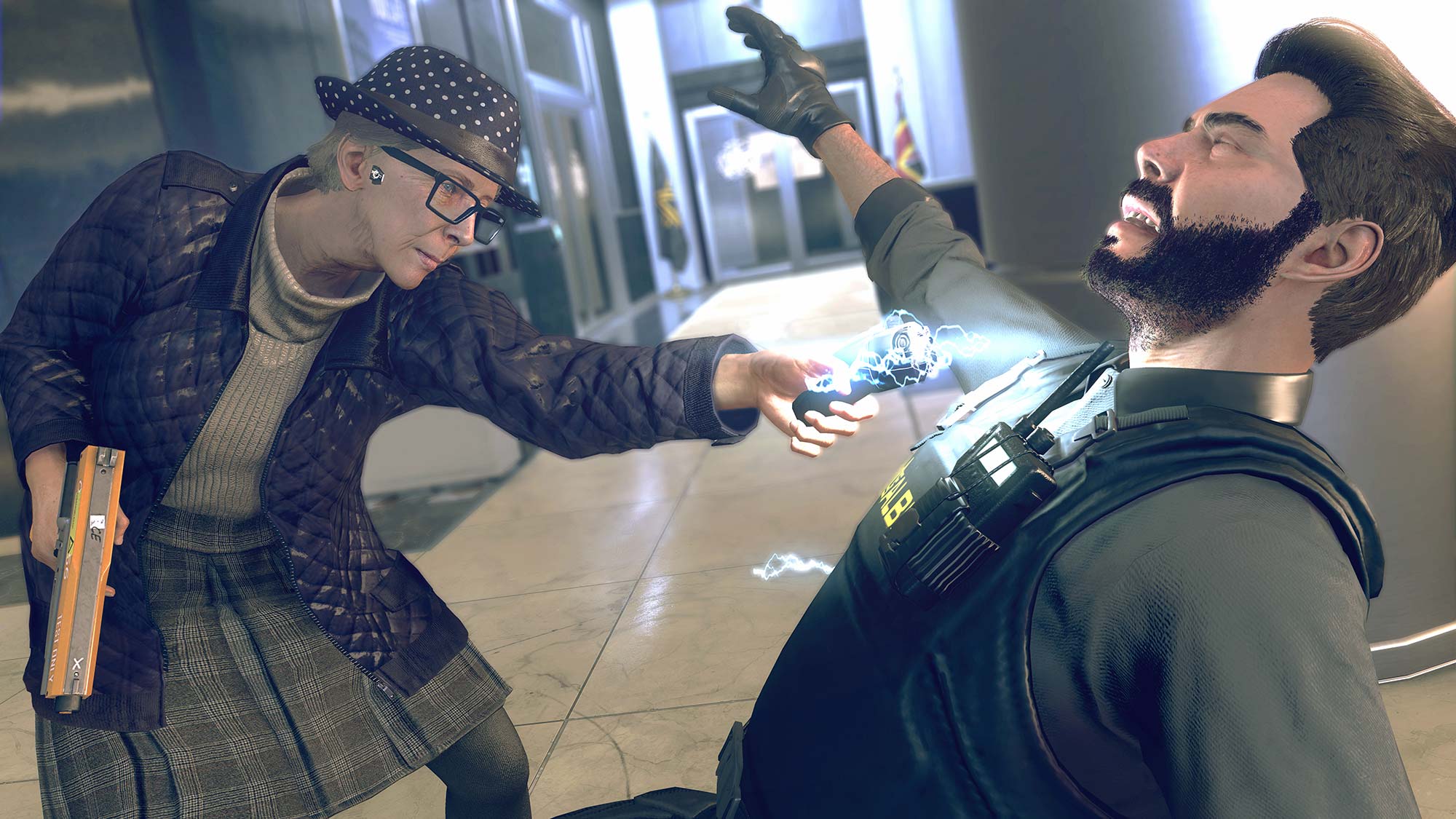
The problem is easy to see. When you control only one character, failure is annoying, but it’s not an enormous setback, as you can simply reload. With a whole cast available, you’ll need to watch out for all of them, and that can get overwhelming fast. I’m sure this problem isn’t quite so noticeable later in the game, when you have lots of alternate characters and have already recruited medics, lawyers and other characters to treat out-of-action party members. But every time I failed a mission, the game added insult to injury by putting a huge roadblock in my way.
Watch Dogs: Legion outlook
I don’t want to give the impression that there was nothing I liked about Watch Dogs: Legion. The ability to recruit anyone in the world is legitimately impressive, especially since each character has a unique voice actor and fully voiced dialogue, even during story cutscenes. The amount of clothing and weapons to customize each character is generous, and I like that you can upgrade your hacking skills as you go, starting with simple distracting phone calls and escalating up to jamming guns and shorting out whole systems.
Still, Watch Dogs: Legion can be tedious in practice — at least if you dive into the middle of the game. When it comes out, I’d like to play through from the beginning and see if a gentler learning curve could help make saving London feel more like an adventure and less like a to-do list.
Marshall Honorof is a senior editor for Tom's Guide, overseeing the site's coverage of gaming hardware and software. He comes from a science writing background, having studied paleomammalogy, biological anthropology, and the history of science and technology. After hours, you can find him practicing taekwondo or doing deep dives on classic sci-fi.

